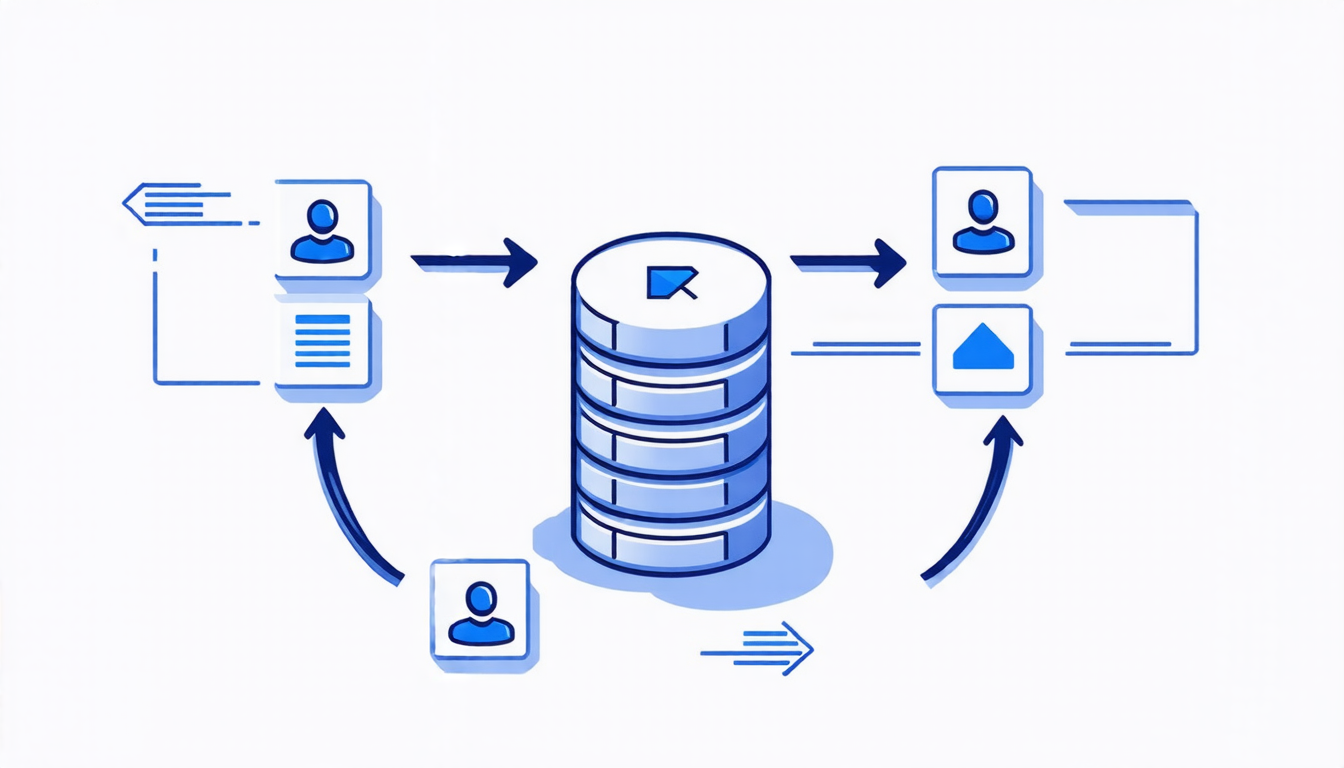Saturday 05 April 2025
The quest for efficient vector search has been a longstanding challenge in the world of data management. With the rise of big data and AI-powered applications, the need for fast and accurate similarity searches has become increasingly crucial. Researchers have proposed various solutions to tackle this problem, but most rely on pre-building indexes or sacrificing query performance for accuracy.
A recent paper by Vasilis Mageirakos et al. proposes a novel approach that combines adaptability with efficiency. The authors introduce CrackIVF, an adaptive, partition-based index designed specifically for vector databases. Unlike traditional indexing methods, which require upfront construction and maintenance, CrackIVF starts answering queries immediately and adapts to the query workload over time.
The key insight behind CrackIVF is its ability to progressively refine the index as it receives more queries. This allows it to optimize performance without sacrificing accuracy. The authors demonstrate the effectiveness of their approach by comparing CrackIVF with conventional indexing techniques on a range of datasets.
One of the primary benefits of CrackIVF is its ability to quickly respond to query requests, even when working with cold data or infrequently used datasets. This makes it an attractive solution for applications where timely results are essential. Additionally, CrackIVF’s adaptive nature enables it to handle changes in query patterns and dataset characteristics, ensuring that the index remains effective over time.
The authors also explore the potential of CrackIVF as a bootstrapping mechanism for accessing unseen datasets. By leveraging its ability to quickly answer queries, CrackIVF can provide an initial glimpse into the data’s structure and distribution, allowing developers to refine their indexing strategies and improve overall performance.
While CrackIVF shows promising results, it is not without limitations. The authors acknowledge that the approach may require additional resources for query processing and index maintenance. Nevertheless, they argue that these costs are outweighed by the benefits of improved query performance and adaptability.
As data management continues to evolve, it’s clear that efficient vector search will remain a critical component of many applications. CrackIVF represents an important step forward in this area, offering a flexible and scalable solution for developers working with large-scale datasets. As researchers continue to push the boundaries of what is possible, it will be exciting to see how innovations like CrackIVF shape the future of data management and AI-powered applications.
Cite this article: “Unlocking the Power of Vector Search: A Survey of Recent Advances and Future Directions”, The Science Archive, 2025.
Vector Search, Data Management, Big Data, Ai-Powered Applications, Indexing, Query Performance, Accuracy, Adaptability, Scalability, Efficient Search
Reference: Vasilis Mageirakos, Bowen Wu, Gustavo Alonso, “Cracking Vector Search Indexes” (2025).







